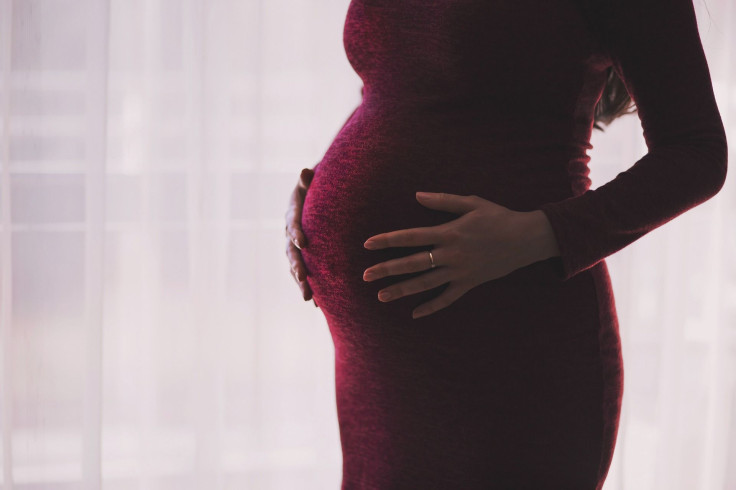Good Bacteria Given To Stressed Moms During Pregnancy Prevent Autism In Offspring, Finds Study
Beneficial bacteria given to mothers who are stressed during the third trimester prevented an autism-like disorder in the children, reported a new animal study.
The researchers at the University of Colorado Boulder demonstrated that maternal exposure to certain immune-modulating microbes can dampen inflammation which can positively impact the child’s brain and central nervous system.
The study is one of the first to suggest that such exposures during pregnancy could influence the neurodevelopment of a fetus.
Older studies conducted in human beings have demonstrated that maternal stress during pregnancy can lead to systemic inflammation in both the mother and the developing fetus. It is also a risk factor for neurodevelopmental syndromes including autism.
In their previous study, the researchers found that when rats were stressed and given a drug named as terbutaline, which is prescribed to delay preterm labor, their offspring developed an autism-like syndrome. They exhibited hallmark features of autism including social deficits and repetitive behavior. Some of them also developed an epilepsy-like seizure disorder.
“Our fundamental question with this new study was whether we could use an immunoregulatory microbe to prevent the long-term consequences of environmental stressors during pregnancy," the study’s first author Zachariah Smith, a post-doctoral researcher in Barth's lab told News Medical
The Study
The researchers exposed rats to mild stressors and gave them terbutaline during the equivalent of the third trimester of pregnancy in human beings.
Half of them were also administered a heat-killed preparation of a friendly bacterium called ‘Mycobacterium vaccae’. Previous studies have demonstrated that the bacterium had lasting anti-inflammatory effects on the brain. They also had a control group of rats that received no treatments at all.
At two and four months, the rat pups underwent a series of tests to assess their social interaction and to determine if they exhibited repetitive behaviors.
Key findings:
- Immunization with M.vaccae provided some protection against the ill effects of environmental stressors during development, specifically autism-like behavior
- The inoculation did not protect against the development of seizure disorders
The researchers also highlighted the fact that they aren’t developing an autism-vaccine and that they aren’t suggesting that microbial interventions could reverse the disorder in autistic children. The study only reinforces the idea that exposure to beneficial microorganisms can play a critical role in brain development in utero.
"This is the first maternal intervention that I know of that has been able to prevent an autism-like syndrome, including the behavioral and social aspects. If this could be replicated in humans, that would be pretty profound," Christopher Lowry, Co-author, Associate Professor, Department of Integrative Physiology, University of Colorado Boulder told News Medical Life Sciences.

© Copyright IBTimes 2024. All rights reserved.






















